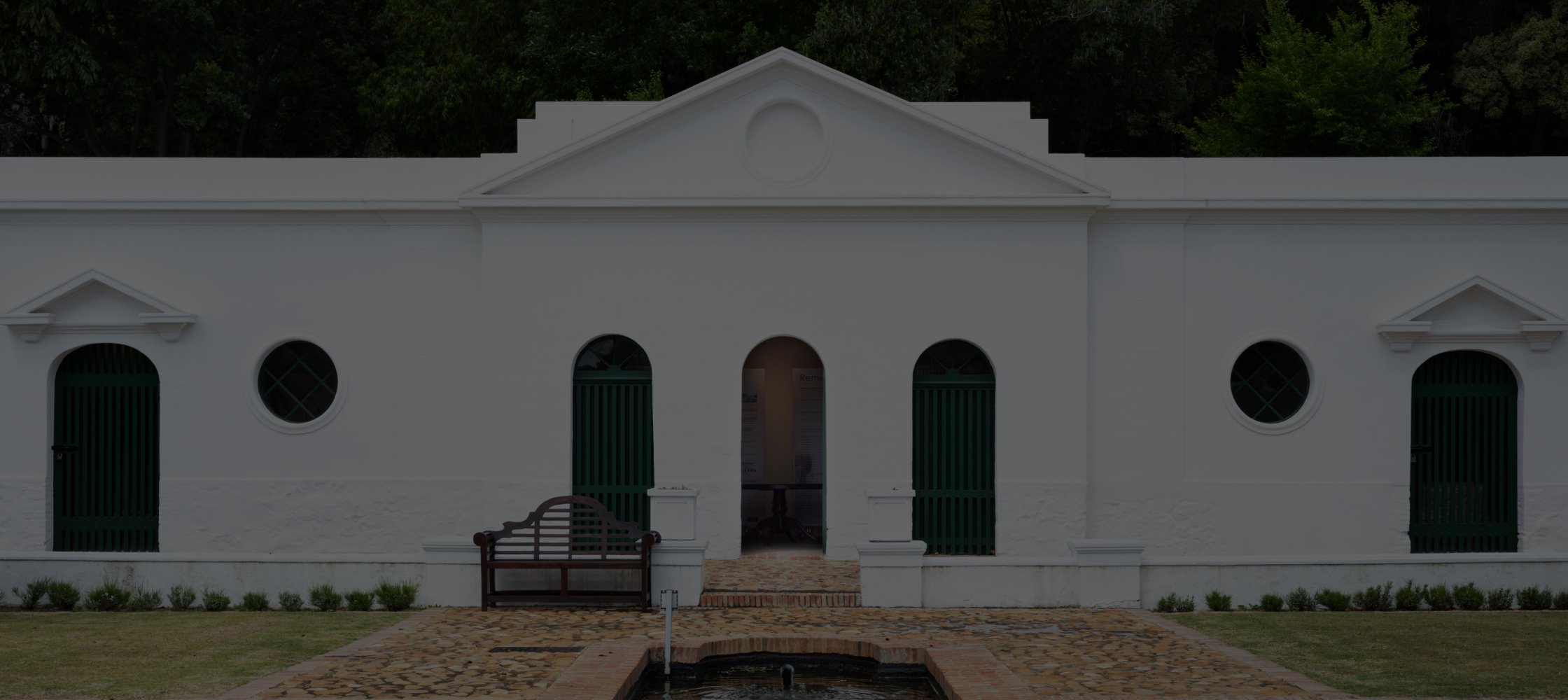
Leeuwenhof Slave Quarters
Leeuwenhof Slave Quarters
Leeuwenhof is the official residence of the Premier of the Western Cape. The site of the slave quarters houses two interlinking exhibitions in memory of enslaved people who lived and worked at Leeuwenhof. In addition to a historical exhibition on the lives of people enslaved at Leeuwenhof researched and produced by the Western Cape Department of Cultural Affairs and Sport, Legacy of Slavery shows art from the Cape Town Museum collection curated by Joline Young Heritage Consultants.
Operating Hours:
The Leeuwenhof Slave Quarters Remembrance Gallery is open to the public for special programmes and by arrangement for groups of 10 people or more.
Address:
59 Hof Street, Gardens, Cape Town
Contact Us: ctmleeuwenhof@gmail.com or capetownmuseum@westerncape.gov.za
Slavery Remembrance Gallery and Enslaved Lives Exhibitions at Leeuwenhof Slave Quarters
Slavery at the Cape impacted thousands of people and their families. Between 1658 and 1807, 63 000 people were snatched from their homes and brought to the Cape as forced labour for the expanding settlement by the Dutch East India Company (VOC), and later the British colonial authorities. The people enslaved at the Cape came from Madagascar, South Asia, Southeast Asia, East Africa, and during the early VOC period at the Cape some were brought in from West Africa.
Leeuwenhof’s history as a wealthy eighteenth century estate and slaveholding, the property of a nineteenth century mining magnate, the official residence of the Administrators of the Cape Province and currently the official residence of the Premier of the Western Cape, offers a unique opportunity for further understanding the local reaches of enslavement, and the resulting historical trauma that lives on in the present Cape Town.




